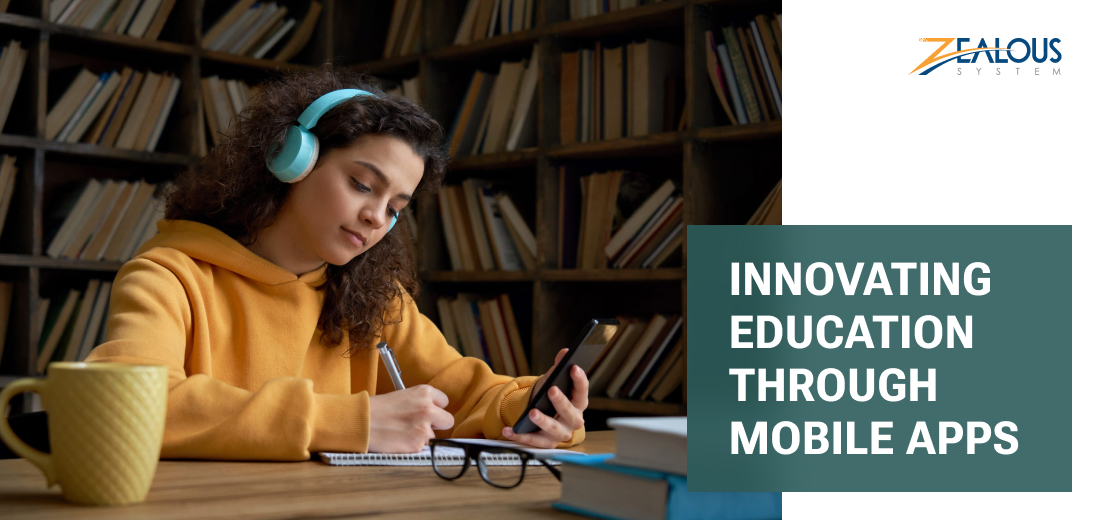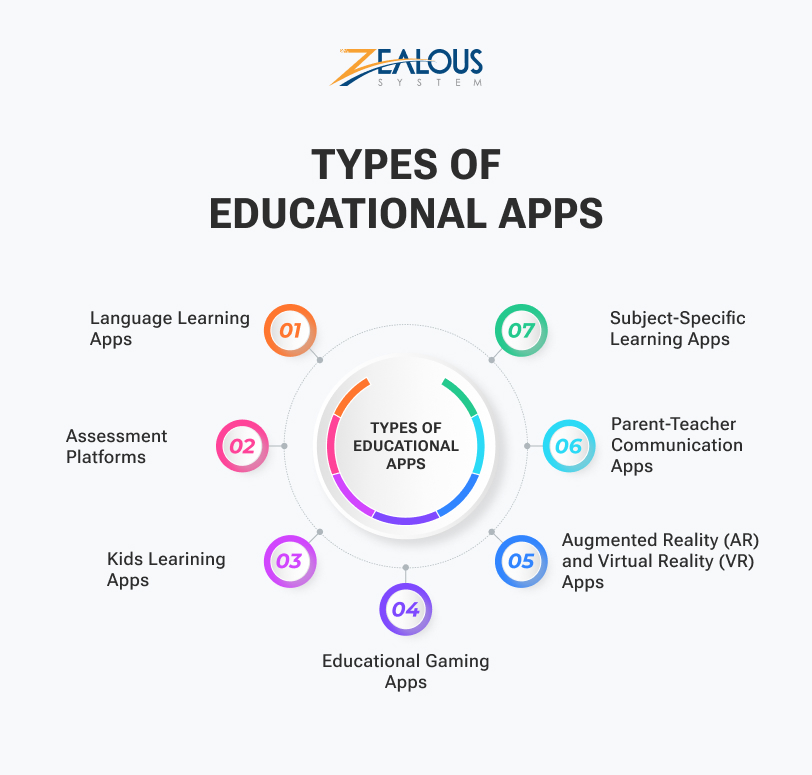
- Company
- Services
- UI/UX Design Services
- Microsoft Dynamics 365
- Mobile App Development
- AI Software Development
- Web App Development
- Generative AI Development
- Digital Product Development
- Enterprise Mobility
- SaaS Application Development
- Application Integration
- White-label WP Maintenance
- ERP Software Solutions
- Software Testing
- Offshore Development Center
- Let’s Connect
- Trending
- Technology
- Industry
- Build Your Team
- Our Work
- Company
- Services
- UI/UX Design Services
- Microsoft Dynamics 365
- Mobile App Development
- AI Software Development
- Web App Development
- Generative AI Development
- Digital Product Development
- Enterprise Mobility
- SaaS Application Development
- Application Integration
- White-label WP Maintenance
- ERP Software Solutions
- Software Testing
- Offshore Development Center
- Let’s Connect
- Trending
- Technology
- Industry
- Build Your Team
- Our Work
We use cookies and similar technologies that are necessary to operate the website. Additional cookies are used to perform analysis of website usage. please read our Privacy Policy
Education App Development: Types, Benefits, Features, Process, Cost

In today’s tech-driven world, the demand for accessible and engaging learning experiences is booming. Education app development is at the forefront of this revolution, transforming the way we learn and teach. But what exactly is an educational app, and how can you leverage it to create the next generation of digital learning experiences?
In today’s highly competitive landscape, success is closely tied to education. However, success doesn’t solely hinge on prestigious degrees or certifications from renowned institutions like Yale or Howard University. Instead, it revolves around acquiring pertinent knowledge, honing professional skills, and effectively applying them in real-world situations.
This shift in perspective underscores the growing prominence of educational apps. Statista predicts that the global education app market is poised to reach a staggering value of approximately USD 124,782.56 million by 2027, showcasing the remarkable significance of this trend.
What is an Educational Application?
Educational applications are software designed to facilitate learning and skill development. These apps leverage technology to deliver educational content, interactive exercises, and assessments, providing a personalized and engaging learning experience for users.
What is the Importance of Education App Development?
Education app development stands at the forefront of this transformation, offering groundbreaking opportunities to improve accessibility, engagement, and effectiveness in learning. But what are the key reasons why developing educational apps is so important?
1. Increased Accessibility and Affordability:
Education apps can bridge geographical and economic barriers, making quality learning accessible to individuals regardless of location, socioeconomic background, or disability. They offer cost-effective alternatives to traditional education, particularly in areas with limited resources or high tuition fees.
2. Personalized Learning Experiences:
Unlike one-size-fits-all classrooms, education apps can tailor content, pace, and difficulty levels to individual needs and learning styles. This personalized approach fosters deeper understanding, boosts engagement, and caters to diverse learning preferences.
3. Enhanced Engagement and Motivation:
Gone are the days of passive lectures and rote memorization. Education apps leverage interactive features, gamification elements, and multimedia content to make learning fun and engaging. This motivates learners, increases their attention spans, and promotes active participation.
4. Data-Driven Insights for Educators and Learners:
Apps provide valuable data on student progress, learning patterns, and areas needing improvement. This information empowers educators to personalize instruction, identify struggling students, and adjust teaching strategies accordingly. Learners can also track their own progress, set goals, and celebrate their achievements.
5. Enhanced Collaboration and Communication:
Education apps can foster collaboration and communication beyond traditional classroom walls. Features like online forums, group projects, and real-time chat enable peer-to-peer learning, discussions, and knowledge sharing, fostering teamwork and critical thinking skills.
6. Continuous Learning and Skill Development:
In an ever-evolving world, lifelong learning is crucial. Education apps offer on-demand access to diverse learning materials, microlearning modules, and skill development courses, allowing individuals to stay updated and adapt to changing needs throughout their lives.
Key Types of Educational Apps:
Educational apps have transformed the way we learn, offering diverse opportunities for engagement, enrichment, and skill development across various domains. Here are some key types of educational apps:
Language Learning Apps:
These apps facilitate language acquisition through interactive lessons, games, and exercises. Users can practice vocabulary, grammar, pronunciation, and even engage in real-time conversations with virtual tutors or native speakers.
Assessment Platforms:
Designed to assist students preparing for standardized tests such as SAT, ACT, GRE, or GMAT, these apps offer practice questions, mock tests, performance analytics, and personalized study plans to optimize exam readiness.
Kids Learning Apps:
Tailored for young learners, these apps feature interactive games, stories, puzzles, and activities that promote early literacy, numeracy, cognitive development, and socio-emotional skills in a playful and engaging manner.
Educational Gaming Apps:
Combining learning with entertainment, these apps leverage gamification principles to make learning enjoyable and immersive. They cover a wide range of topics and skills, encouraging users to progress through challenges, unlock rewards, and collaborate with peers.
Augmented Reality (AR) and Virtual Reality (VR) Apps:
Utilizing AR and VR technology, these apps offer immersive simulations, virtual field trips, and interactive experiences that enhance understanding and engagement in subjects like science, geography, anatomy, and archaeology.
Parent-Teacher Communication Apps:
Facilitating communication between parents and educators, parent-teacher apps enable real-time updates on student progress, attendance, assignments, and school events, fostering collaboration and involvement in the educational journey.
Subject-Specific Learning Apps:
Catering to specific academic subjects such as mathematics, science, history, or literature, these apps provide targeted content, practice exercises, quizzes, and tutorials to enhance understanding and mastery of key concepts.
Key Features for Your Education App Development
Creating a successful education app involves incorporating key features that enhance the learning experience and meet the diverse needs of users. Here are essential features for your education app development:
- User Authentication: Implement secure login methods such as email, social media, or single sign-on (SSO) to authenticate users and protect their personal information.
- User Profiles: Allow users to create and manage profiles where they can track progress, save preferences, and personalize their learning experience.
- Content Management System (CMS): Integrate a robust CMS to efficiently manage and update educational content, including text, images, videos, and interactive materials.
- Search and Filter: Enable users to easily search for specific topics, courses, or resources, and provide filters to refine search results based on criteria such as subject, level, or format.
- Interactive Lessons: Develop engaging and interactive learning modules with multimedia content, quizzes, assessments, simulations, and gamified activities to enhance retention and understanding.
- Progress Tracking: Implement progress tracking tools to monitor users’ performance, completion status, quiz scores, and achievements, allowing for personalized feedback and recommendations.
- Assessment and Feedback: Include features for conducting assessments, quizzes, and assignments, as well as providing timely feedback to learners to facilitate self-assessment and improvement.
- Discussion Forums and Communities: Foster collaboration and knowledge sharing by integrating discussion forums, chat features, or social networking functionalities where users can interact, ask questions, and collaborate with peers and instructors.
- Notification System: Utilize push notifications, emails, or in-app alerts to keep users informed about new content, upcoming events, deadlines, and personalized recommendations based on their activity and preferences.
- Offline Access: Enable users to download content for offline access, allowing uninterrupted learning experiences, especially in areas with limited internet connectivity or during travel.
Accessibility Features: Ensure your app is accessible to users with disabilities by incorporating features such as screen readers, voice commands, adjustable font sizes, and color contrast options. - Cross-Platform Compatibility: Develop your app to be compatible with various devices and operating systems, including smartphones, tablets, and desktops, to reach a wider audience and provide a seamless user experience.
- Data Analytics and Insights: Integrate analytics tools to gather data on user behavior, engagement metrics, learning outcomes, and performance trends, enabling informed decision-making and continuous improvement of the app.
- Security Measures: Implement robust security measures to protect user data, prevent unauthorized access, and ensure compliance with data protection regulations such as GDPR or COPPA.
- Feedback and Support: Offer channels for users to provide feedback, report issues, or seek assistance, such as in-app feedback forms, helpdesk support, or knowledge bases, to enhance user satisfaction and retention.
7 Simple Steps for Next-Gen Education App Development:
Developing a next-gen education app involves careful planning and execution to ensure its success in the competitive landscape of educational technology. Here are six simple steps to guide you through the process:
Step 1. Define Clear Objectives and Target Audience:
- Begin by defining the specific objectives of your education app. Identify the learning goals, subjects, or skills you aim to address.
- Clearly define your target audience, whether it’s students of a certain age group, professionals seeking skill development, or educators looking for teaching tools.
Step 2. Market Research and Analysis:
- Conduct thorough market research to understand the current trends, demands, and potential gaps in the education app market.
- Analyze competitors to identify their strengths, weaknesses, and unique selling propositions. This information will help you position your app effectively.
Step 3. Design User-Centric Features:
- Prioritize user experience by designing intuitive and user-friendly interfaces. Consider the needs and preferences of both learners and educators.
- Incorporate interactive and engaging features such as multimedia content, gamification elements, and adaptive learning pathways to enhance user engagement.
Step 4. Choose Appropriate Technology Stack:
- Select the right technology stack for your education app based on its functionalities and requirements. Consider factors like scalability, cross-platform compatibility, and integration capabilities.
- Leverage emerging technologies like artificial intelligence (AI), augmented reality (AR), or virtual reality (VR) if they align with your educational objectives.
Step 5. Agile Development and Testing:
- Adopt an agile development methodology to facilitate iterative development, allowing for continuous improvement based on feedback.
- Conduct thorough testing at each stage to identify and address any bugs, usability issues, or performance concerns. This ensures a stable and reliable app.
Step 6. Data Security and Compliance:
- Prioritize the security of user data by implementing robust encryption protocols, secure authentication methods, and compliance with data protection regulations.
- Stay informed about and adhere to relevant privacy laws and standards, such as GDPR or COPPA, to build trust among users and ensure legal compliance.
Step 7. Launch and Continuous Improvement:
- Plan a strategic app launch, considering factors like timing, marketing, and user onboarding processes.
- Monitor user feedback, app performance metrics, and engagement analytics post-launch. Implement updates and improvements based on this feedback to keep the app relevant and competitive.
Cost for Education App Development:
The cost of education app development varies based on factors such as complexity, features, platform, and development team rates. A comprehensive budget should cover design, development, testing, and ongoing maintenance.
Conclusion
Education app development stands as a transformative force in the educational landscape, offering innovative solutions to cater to diverse learning needs. By understanding the importance, incorporating key features, and following a structured development process, education apps have the potential to revolutionize digital learning, making education accessible, engaging, and effective for learners worldwide.
Whether you choose to hire app developer or collaborate with an education app development company, it is crucial to align your vision with experienced professionals who can bring your educational app concept to fruition.
Read Also:
We are here
Our team is always eager to know what you are looking for. Drop them a Hi!
Pranjal Mehta
Pranjal Mehta is the Managing Director of Zealous System, a leading software solutions provider. Having 10+ years of experience and clientele across the globe, he is always curious to stay ahead in the market by inculcating latest technologies and trends in Zealous.
Table of Contents
×


Comments